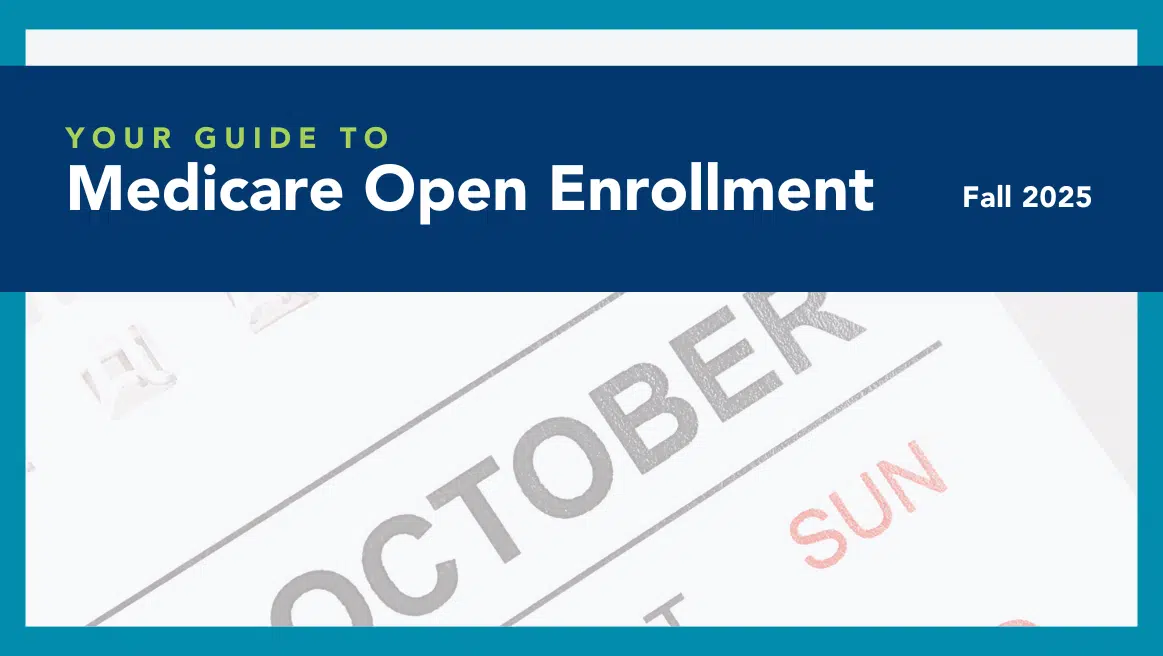Take Action: Tell your senators to reject harmful cuts to health care!
Cardiovascular Preventive Medicine Saving Lives and Saving Medicare Money

Though it’s well known that preventive care can improve health and save lives, establishing that preventive care can also save money has been more difficult. Until now, researchers have consistently found that preventive services do not end up saving money in the long term, but a new study shows that cardiovascular treatment seems to be the exception.
Spending on older adults over age 65 in the Medicare program slowed remarkably between 2005 and 2012, and researchers point to reduced spending on cardiovascular disease as responsible for as much as half of that downturn. These reductions in spending are largely due to increased use of medications to combat high cholesterol and high blood pressure, which are risk factors for heart disease and stroke.
The spending reduction, the researchers estimate, has saved the average person nearly $3,000 per year, with nearly $120 billion in savings split roughly evenly between the Medicare program and the rest of the health system. In addition, the researchers suggest that greater savings are possible if more at-risk individuals receive preventive cardiovascular care earlier in their lives. The researchers note that only half of all people with high blood pressure and high cholesterol currently seek preventive treatment.
Preventive care is given to prevent illnesses or disease. It can include treating risk factors, like high blood pressure, for serious conditions, like heart disease. In order to generate statistically-relevant health outcomes, programs testing preventive care interventions must include a large number of participants. This means that preventive programs are expensive, and often spend money on people who are at lesser risk of developing dangerous conditions. For example, high blood pressure is a risk factor for stroke, but not everyone with high blood pressure will have a stroke. However, studies have shown that if everyone with high blood pressure is treated with medication to bring their blood pressure under control, fewer people will have strokes. The health improvements are clear, but in order for such an intervention to demonstrate a financial savings, the amount spent on lowering program participants’ blood pressure must be less than the amount saved by avoiding strokes. Until this study, demonstrating that savings has been difficult.
Preventive care is valuable because of its effect on health and lives even without savings. This exciting study shows even more potential for preventive care to save Medicare, and taxpayers, money. Medicare Rights continues to support innovative, effective approaches to improving the health and financial security of people with Medicare and their families.
Show Comments
We welcome thoughtful, respectful discussion on our website. To maintain a safe and constructive environment, comments that include profanity or violent, threatening language will be hidden. We may ban commentors who repeatedly cross these guidelines.
Help Us Protect & Strengthen Medicare.
Donate today and make a lasting impact.
The Latest
Most Read
Add Medicare to Your Inbox
Sign up to receive Medicare news, policy developments, and other useful updates from the Medicare Rights.
View this profile on InstagramMedicare Rights Center (@medicarerights) • Instagram photos and videos









